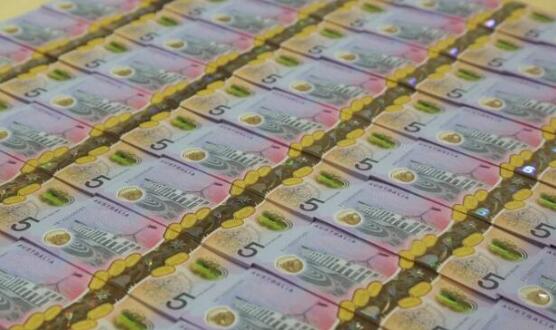The Reserve Bank of Australiaraised interest rates for the third straight month today and even risked triggering an economic downturn by raising rates early as it struggles to stem a spike in inflation.
After wrapping up its July policy meeting, the Reserve Bank of Australia (RBA) raised the cash rate by 50 basis points to 1.35%.
This marked a 125 basis point rate hike since May, the fastest in a series of moves since 1994.

"The board expects to take further steps in the course of normalising Australia's monetary conditions in the coming months," RBA Governor Philip Lowe said in a statement.
The rate hike was widely expected, while the local dollar retreated slightly.
Lowe believes the economy can withstand a five-year low unemployment rate of 3.9% and job openings at an all-time high.
Household demand also held up well, in part due to the accumulation of A$260 billion ($178.59 billion) in additional savings during the pandemic lockdown.
Still, higher borrowing costs are set to weigh on purchasing power, given households owe $2 trillion in mortgage debt and home values begin to slide after a bumper 2021 harvest.
The rate hikes so far will boost repayments on an average $620,000-a-month mortgage by about $400, on top of higher energy, petrol, health and food costs.
"Expect interest rates to rise and bite," said Treasurer Jim Chalmers, whose Labour Party won power less than two months ago.
Flooding in the eastern region in recent days will add to the pain by pushing up vegetable and fruit prices.
Official data on consumer price inflation for the second quarter, due later this month, is expected to rise again alarmingly to 6 percent or higher, the highest level since the national sales tax was introduced in 2000.
Core inflation could also accelerate beyond 4% and move further away fromthe RBA's2-3% target band.
This is the main reason why the market expects another 0.5 percentage pointrate hikein August and at least 3.0% by the end of the year.
Lowe himself recently acknowledged that there is a "narrow path" between tightening enough to control inflation or tightening too much and tipping the economy into recession.
"It appears poised to risk some economic damage to meet its inflation target," warned Nomura economist Andrew Ticehurst. "Our view is that this pain will materialise and we are now seeing Australia in recession from early next year. .
"With inflation somewhat sticky, we expect a delay in rate cuts, but three 25-basis-point cuts are planned by the end of next year," he added.




